Index relies entirely on the support of donors and readers to do its work.
Help us keep amplifying censored voices today.
On World Press Freedom Day, 116 days after the attack at the office of the satirical newspaper Charlie Hebdo that left 11 dead and 12 wounded, we, the undersigned, reaffirm our commitment to defending the right to freedom of expression, even when that right is being used to express views that we and others may find difficult, or even offensive.
The Charlie Hebdo attack – a horrific reminder of the violence many journalists around the world face daily in the course of their work – provoked a series of worrying reactions across the globe.
In January, the office of the German daily Hamburger Morgenpost was firebombed following the paper’s publishing of several Charlie Hebdo images. In Turkey, journalists reported receiving death threats following their re-publishing of images taken from Charlie Hebdo. In February, a gunman apparently inspired by the attack in Paris, opened fire at a free expression event in Copenhagen; his target was a controversial Swedish cartoonist who had depicted the prophet Muhammad in his drawings.
A Turkish court blocked web pages that had carried images of Charlie Hebdo’s front cover; Russia’s communications watchdog warned six media outlets that publishing religious-themed cartoons “could be viewed as a violation of the laws on mass media and extremism”; Egypt’s president Abdel Fatah al-Sisi empowered the prime minister to ban any foreign publication deemed offensive to religion; the editor of the Kenyan newspaper The Star was summoned by the government’s media council, asked to explain his “unprofessional conduct” in publishing images of Charlie Hebdo, and his newspaper had to issue a public apology; Senegal banned Charlie Hebdo and other publications that re-printed its images; in India, Mumbai police used laws covering threats to public order and offensive content to block access to websites carrying Charlie Hebdo images. This list is far from exhaustive.
Perhaps the most long-reaching threats to freedom of expression have come from governments ostensibly motivated by security concerns. Following the attack on Charlie Hebdo, 11 interior ministers from European Union countries, including France, Britain and Germany, issued a statement in which they called on internet service providers to identify and remove online content “that aims to incite hatred and terror”. In the UK, despite the already gross intrusion of the British intelligence services into private data, Prime Minister David Cameron suggested that the country should go a step further and ban internet services that did not give the government the ability to monitor all encrypted chats and calls.
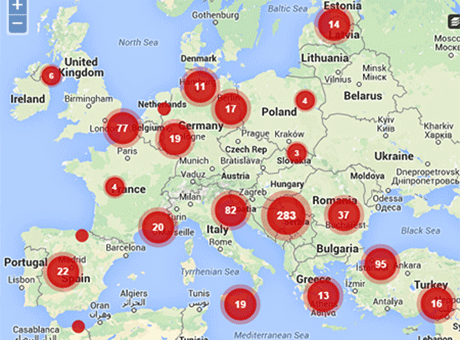
Index report: Europe’s journalists face growing climate of fear
This kind of governmental response is chilling because a particularly insidious threat to our right to free expression is self-censorship. In order to fully exercise the right to freedom of expression, individuals must be able to communicate without fear of intrusion by the state. Under international law, the right to freedom of expression also protects speech that some may find shocking, offensive or disturbing. Importantly, the right to freedom of expression means that those who feel offended also have the right to challenge others through free debate and open discussion, or through peaceful protest.
On World Press Freedom Day, we, the undersigned, call on all governments to:
• Uphold their international obligations to protect the rights of freedom of expression and information for all, especially journalists, writers, artists and human rights defenders to publish, write and speak freely;
• Promote a safe and enabling environment for those who exercise their right to freedom of expression, especially for journalists, artists and human rights defenders to perform their work without interference;
• Combat impunity for threats and violations aimed at journalists and others threatened for exercising their right to freedom of expression and ensure impartial, speedy, thorough, independent and effective investigations that bring masterminds behind attacks on journalists to justice, and ensure victims and their families have speedy access to appropriate remedies;
• Repeal legislation which restricts the right to legitimate freedom of expression, especially such as vague and overbroad national security, sedition, blasphemy and criminal defamation laws and other legislation used to imprison, harass and silence journalists and others exercising free expression;
• Promote voluntary self-regulation mechanisms, completely independent of governments, for print media;
• Ensure that the respect of human rights is at the heart of communication surveillance policy. Laws and legal standards governing communication surveillance must therefore be updated, strengthened and brought under legislative and judicial control. Any interference can only be justified if it is clearly defined by law, pursues a legitimate aim and is strictly necessary to the aim pursued.
PEN International
Adil Soz – International Foundation for Protection of Freedom of Speech
Africa Freedom of Information Centre
Albanian Media Institute
Article19
Association of European Journalists
Bahrain Center for Human Rights
Belarusian PEN
Brazilian Association for Investigative Journalism
Cambodian Center for Human Rights
Canadian Journalists for Free Expression
Center for Media Freedom and Responsibility
Centre for Independent Journalism – Malaysia
Danish PEN
Derechos Digitales
Egyptian Organization for Human Rights
English PEN
Ethical Journalism Initiative
Finnish PEN
Foro de Periodismo Argentino
Fundamedios – Andean Foundation for Media Observation and Study
Globe International Center
Guardian News Media Limited
Icelandic PEN
Index on Censorship
Institute for the Studies on Free Flow of Information
International Federation of Journalists
International Press Institute
International Publishers Association
Malawi PEN
Media, Entertainment and Arts Alliance
Media Institute of Southern Africa
Media Rights Agenda
Media Watch
Mexico PEN
Norwegian PEN
Observatorio Latinoamericano para la Libertad de Expresión – OLA
Pacific Islands News Association
PEN Afrikaans
PEN American Center
PEN Catalan
PEN Lithuania
PEN Quebec
Russian PEN
San Miguel Allende PEN
PEN South Africa
Southeast Asian Press Alliance
Swedish PEN
Turkish PEN
Wales PEN Cymru
West African Journalists Association
World Press Freedom Committee
World Press Freedom Day 2015
• Media freedom in Europe needs action more than words
• Dunja Mijatović: The good fight must continue
• Mass surveillance: Journalists confront the moment of hesitation
• The women challenging Bosnia’s divided media
• World Press Freedom Day: Call to protect freedom of expression
The second cohort of Index on Censorship’s Youth Advisory Board was announced today. The members will discuss topical freedom of expression events, participate in #IndexDrawtheLine debates and advise Index on youth issues. The new board will sit from December 2014 to May 2015.
Index on Censorship Youth Advisory Board:
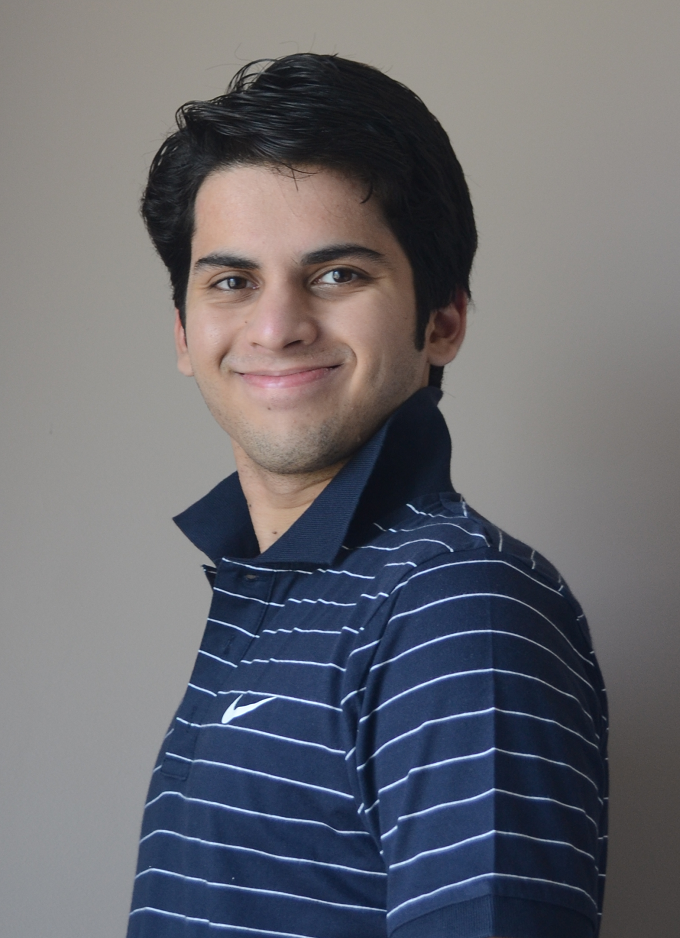 Abishek Phadnis
Abishek Phadnis
Abhishek recently completed a Master’s in Diplomatic History from the London School of Economics, and is due to commence doctoral research on an early history of the Indian nuclear weapons programme. As a secularist activist and a fierce campaigner against theocratic censorship in England, he has been honoured by the British National Secular Society for “bravely challenging Islamist groups, his own university (LSE) and Universities UK over important and fundamental issues such as free speech.
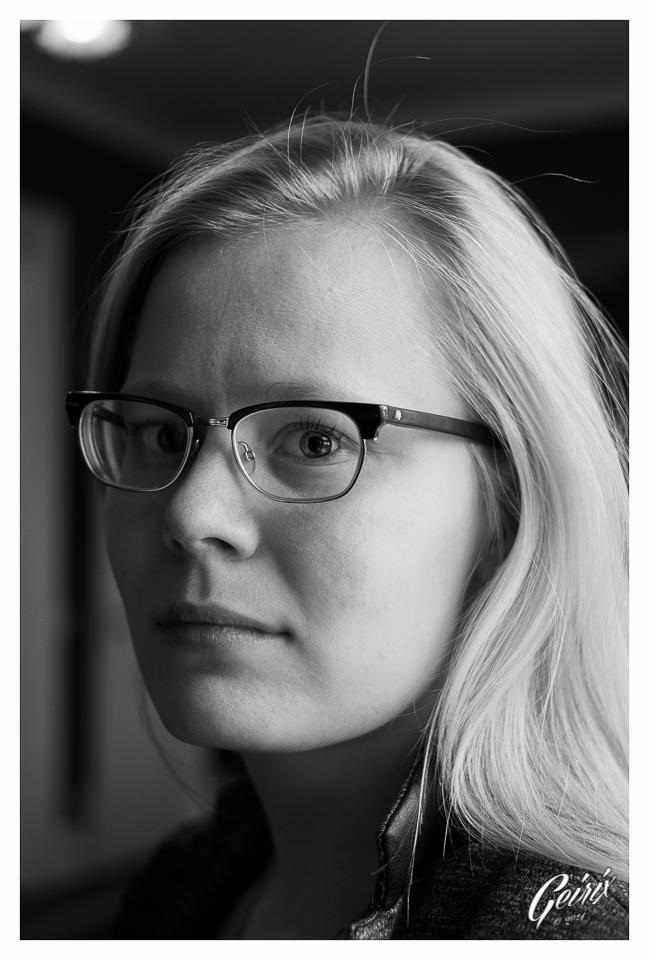 Ásta Helgadóttir
Ásta Helgadóttir
Ásta is a deputy member of the Icelandic Parliament for the Icelandic Pirate Party and will take position as an MP in the fall of 2015. Her interest in censorship is both political and academic, mainly focused on the aspects of European legal justifications regarding modern day technological censorship.
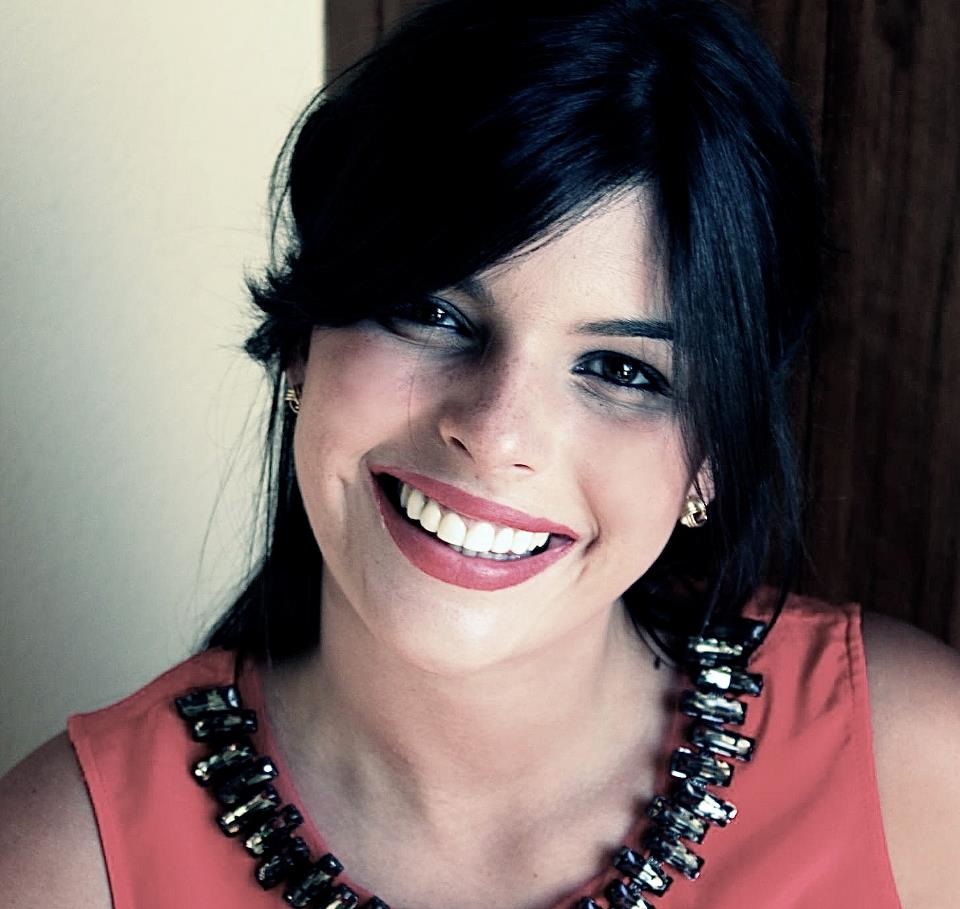 Catarina Demony
Catarina Demony
Catarina is the founder of The Voiceless, a media platform about human rights violations, and recently graduated from Kingston University with a Journalism degree. Currently, she works in the communications team at London School of Economics Students’ Union, as well as University of the Arts. Catarina also works closely with Amnesty LDN, part of Amnesty International movement for recent graduates and young professionals.
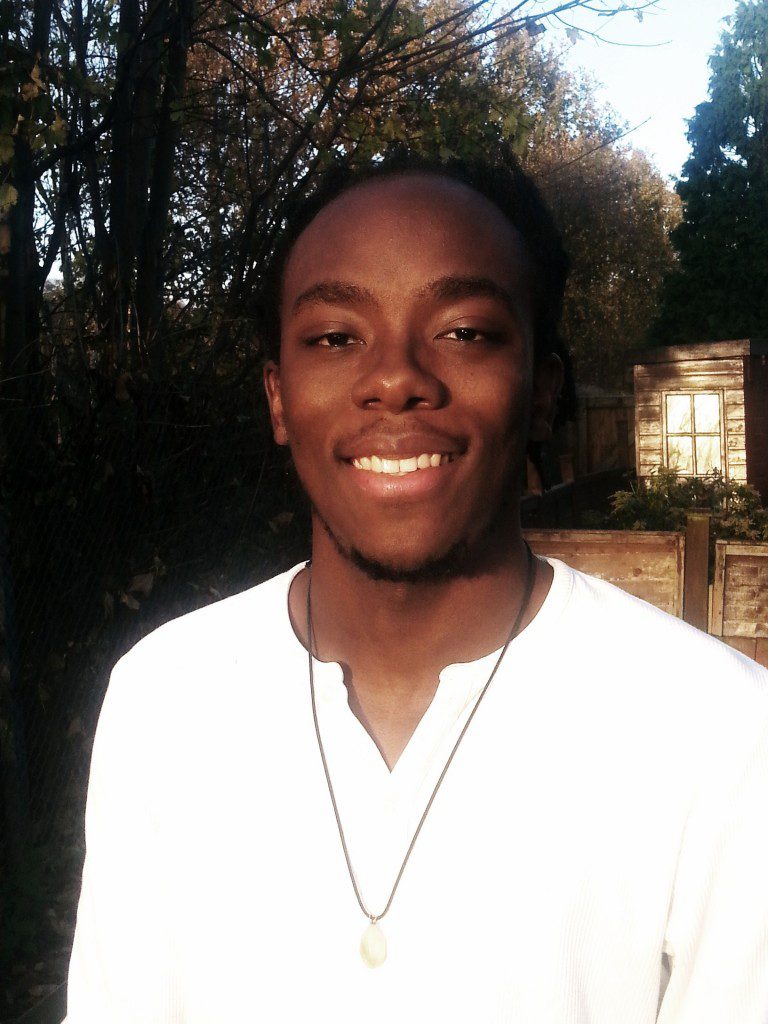 Jordan Mitchell
Jordan Mitchell
Jordan is a human rights advocate, writer, and Truth About Youth associate working with Ovalhouse Theatre. Based in London, he believes it is imperative for the under-represented to be given a platform, with a particular focus on the role of the media.
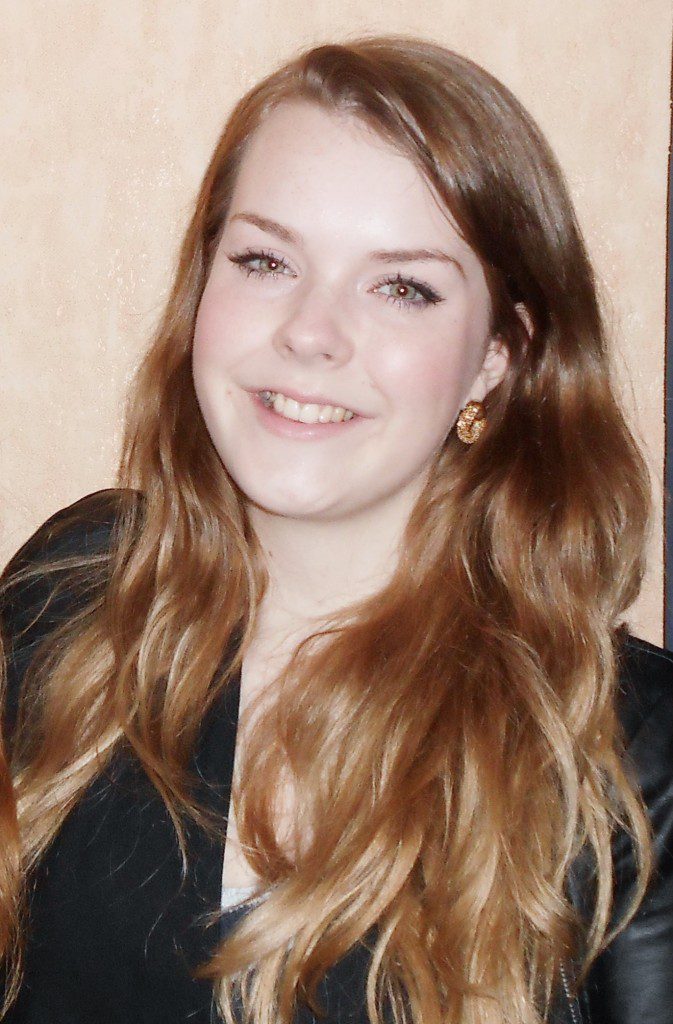 Kay Robinson
Kay Robinson
Kay is studying History and Politics at Lancaster University, and is sub-editor for the International Political Forum. A strong supporter of human rights, she believes that free and equal platforms of expression have a crucial role in forming safe, empowered societies.
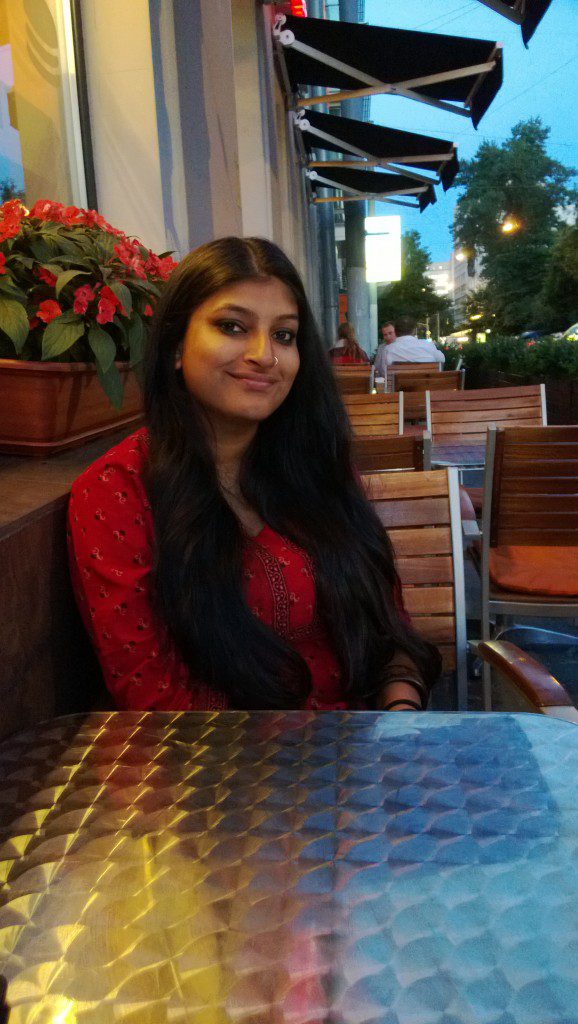 Mahima Singh
Mahima Singh
Mahima works for newslaundry.com, an independent media website in India. Mahima believes that the freedom of expression is one of the core fundamentals of a healthy society . She has been advocating freedom since her college days when she was forced to take down a story she had written because it upset the authority.
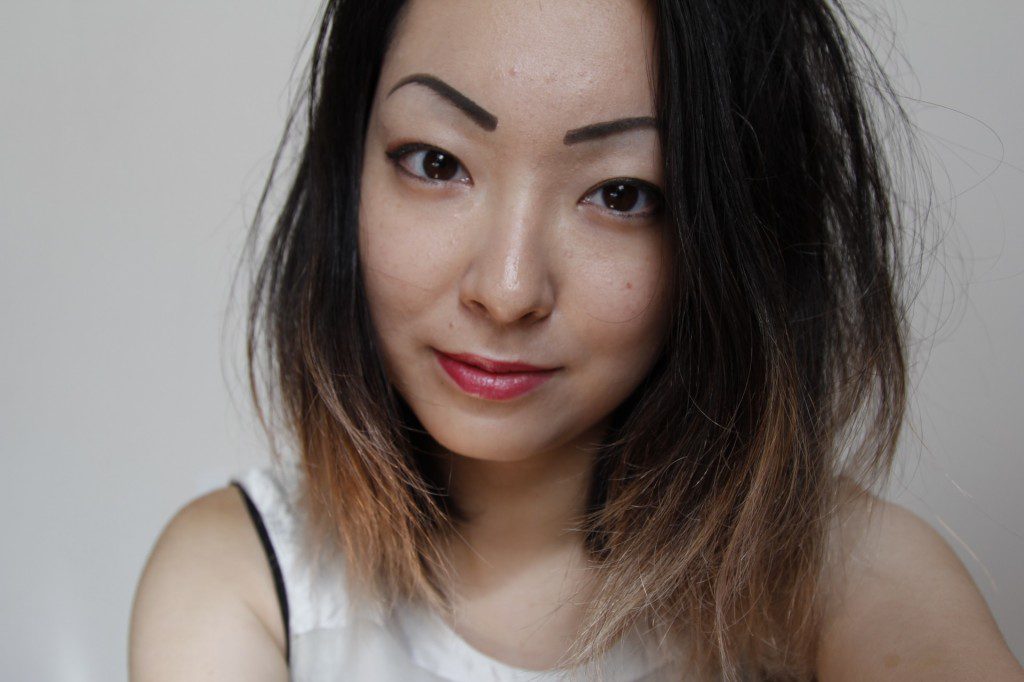 Mari Shibata
Mari Shibata
Mari is a freelance newsgatherer for AP Television, a BFI-funded filmmaker and ocassional writer for Vice. Also a Cambridge University graduate in music, she is passionate about issues surrounding free expression in the cultural arts from conflict zones.
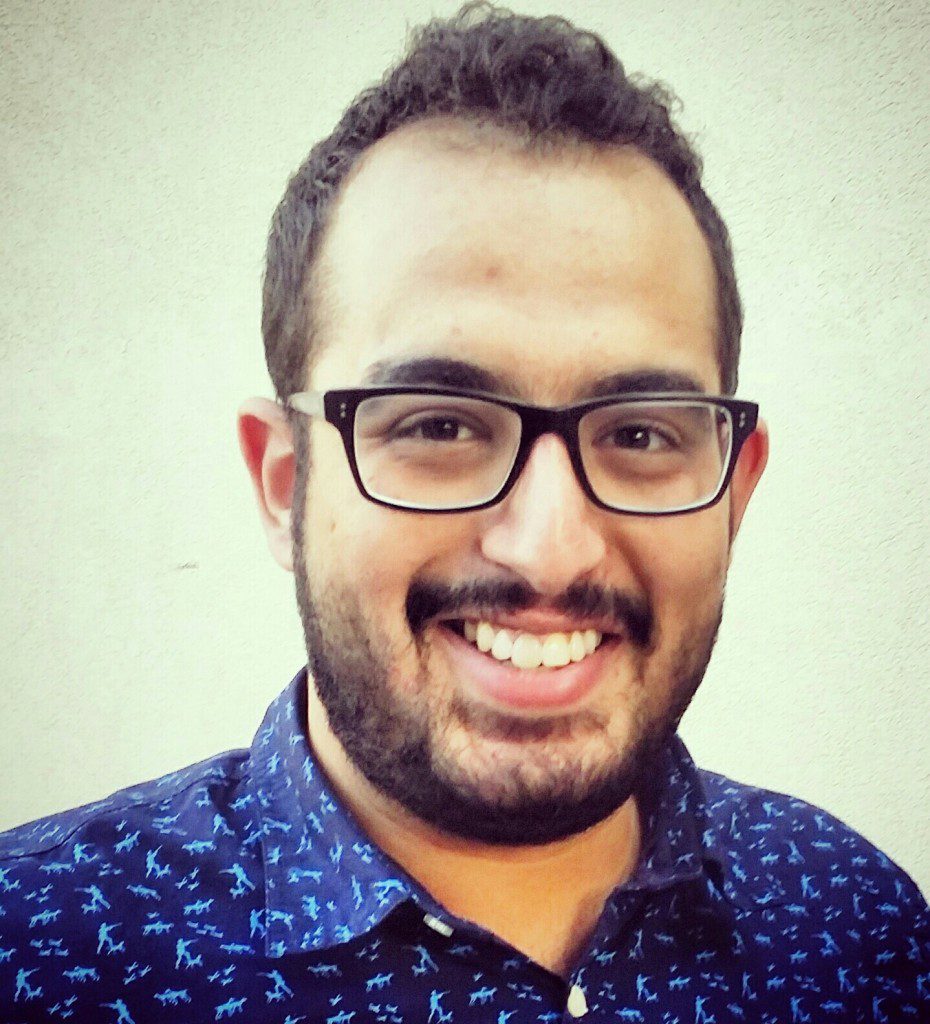 Mohanad Moetaz ElHawary
Mohanad Moetaz ElHawary
Mohanad is an Egyptian Engineering major in the Middle East. With the Arab uprisings over the last few years, his passions for freedom of expression and human rights were further consolidated. Mohanad is currently secretary, editor and founding member at a university club called ‘Fikir’ (meaning ‘thought’) that aims to encourage social involvement and responsibility.
The application period for the next youth board will open in May 2015 for the June to November cohort.
What is the youth board?
The youth board is a specially selected group of young people aged 16-25 who will advise and inform Index on Censorship’s work, supporting our ambition to fight for free expression all around the world and ensuring our engagement with issues relevant to tomorrow’s leaders.
Why has Index started a youth board?
Index on Censorship is committed to fighting censorship not only now, but also in future generations, and we want to ensure that the realities and challenges experienced by young people in today’s world are properly reflected in our work.
Index is also aware that there are many who would like to commit some or all of their professional lives to fighting for human rights and the youth board is our way of supporting the broadest range of young people to develop their voice, find paths to freely expressing it and potential future employment in the human rights/media/arts sectors.
What does the youth board do?
Board members meet once a month via Google Hangout to discuss the most pressing freedom of expression issues of the moment and to set a monthly question for our project, Draw the Line. You will be expected to write a minimum of 1 blog post introducing/concluding the question of the month and to help us spread the word about Index.
There is also the opportunity to get involved with events such as debates and workshops for our work with young people and also events such as our annual Index Freedom of Expression Awards and Index magazine launches.
How do people get on the youth board?
Each youth board will sit for a term of 6 months.
Current board members are invited to reapply up to one time.
The board will be selected by Index on Censorship in an open and transparent manner and in accordance with our commitment to promoting diversity.
Why join the Index on Censorship youth board?
You get the chance to be associated with a prestigious media and human rights organisation and have the opportunity to discuss issues you feel strongly about with Index and with other amazing young people (internationally). At each Board meeting we will also give you the chance to speak to someone senior within Index or the media/human rights/arts sectors, helping you to develop your knowledge and extend your personal networks and you’ll be featured on our website.
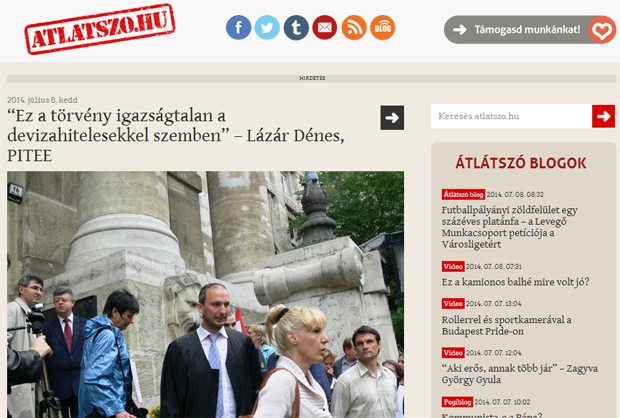
Hungarian NGOs are facing a rough summer: The Government Control Office (KEHI) has launched a series of investigations into grants they received from the Norway Financial Mechanism. Now the Council of Europe’s Commissioner for Human Rights, Nils Muižnieks, has written to János Lázár, Minister of the Prime Minister’s Office to express concern over the situation.
In the letter, Muižnieks told Lázár that he had been informed by several parties that audits were being conducted over the grants. A forthcoming report will further detail the monitoring that Muižnieks was conducting around media freedom in the country. For his part, Lázár has responded to the letter from the COE commissioner.
As Index reported on July 8, the government controls come after a long smear campaign with members of the Fidesz government accusing these NGOs to be proxies for “foreign interests”, and that Norway is using the program to exert direct political influence on Hungary.
“There is panic and uncertainty in the Hungarian civil society. In this respect, the controls are very effective, even if there will be no consequences,” says Tamas Bodoky, editor-in-chief of Atlatszo.hu, an investigative journalism outlet also targeted by the KEHI audit.
Atlatszo.hu decided not to comply with the government inspection, regarding it as unlawful. They say that KEHI is an agency overseeing government financial matters, and does not have the authority to investigate financing for NGOs. However, they have nothing to hide, so they published all relevant records concerning the use of funds on the website of their partner organisation, Asimov Foundation.
A number of NGOs followed Atlatszo’s example, but it is unclear what the repercussions of this decision might be. According to Bodoky, KEHI could freeze their bank accounts, suspend their VAT number, and fine them as well.
It is difficult to portray these NGOs as strongly opposing the Fidesz rule. Some of the organisations receiving grants from the Norway Financial Mechanism have been involved in anti-government protests, but others have fruitful cooperation with the government. The vast majority of grant recipients have no political involvement at all.
Bodoky believes the government controls are a small-time retaliation for the decision of the Norwegian government to suspend the payments from the EEA and Norway Grants. This fund represents the financial contribution of Norway, Iceland and Liechtenstein towards reducing economic and social disparities in the European Economic Area (EEA).
Hungary was set to receive 20 billion euros in the 2014-2020 period from this fund. However, the Hungarian government recently made important changes to the system by which EU and Norway development grants are administered. They did not consult with the donors. As a result the Norwegian government suspended the payments.
This measure did not affect the considerably smaller NGO Fund, operated by a Hungarian consortium of NGOs. The overall objective of this fund is to “strengthen civil society development and enhance contribution to social justice, democracy and sustainable development”.
The programme focuses on projects dealing with the human rights of minorities, good governance, combating racism and xenophobia, combating discrimination, social exclusion, gender inequalities and gender-based violence.
Some members of the NGOs administering the fund appear to have links to Politics Can Be Different (LMP), a small liberal party. Apparently this was the reason why State Secretary Janos Lazar, the “strong man” of the Fidesz government decided to write an open letter to the official representative of the Fund’s donors, Vidar Helgesen, Norway’s Minister of EEA and EU Affairs, accusing the Norway government of intervention into the internal affairs of Hungary.
Deputy State Secretary Nandor Csepreghy said in an interview that the Hungarian government would prefer Norway’s Civil Fund to provide financial support through the Hungarian government, whose “legitimacy comes from society and the voters”. Csepreghy believes that any other scheme can be interpreted as a direct involvement into Hungary’s internal political affairs.
Recent reports from mediafreedom.ushahidi.com:
Hungary: Companies owned by local council abrogate advertising contracts
Hungary: Investigative journalism group says it will not comply with government audit
Hungary: Officials target RTL Klub after critical reports
Hungary: NGO with close ties to Hungarian government will ‘monitor’ media attacks
Hungary: Blogger resigns after political pressure
This article was posted on July 8, 2014 at indexoncensorship.org
Nearly 40 free speech groups from across the world are calling on the European Union to take a stand against mass surveillance by the US and other governments. The groups have joined a petition organised by Index on Censorship, which has already been signed by over 3,000 people. Celebrities, artists, activists and politicians who have supported the petition include writer and actor Stephen Fry, activists Bianca Jagger and Peter Tatchell, writer AL Kennedy, artist Anish Kapoor, blogger Cory Doctorow and Icelandic politician Kolbrún Halldórsdóttir.
Actor and writer Stephen Fry said:
‘Privacy and freedom from state intrusion is important for everyone. You can’t just scream “terrorism” and use it as an excuse for Orwellian snooping.’
Chief Executive of Index on Censorship Kirsty Hughes said:
‘A few of Europe’s leaders have voiced their concerns about the NSA’s activities but none have acted. We are demanding all EU leaders condemn mass surveillance and commit to joint action stop it. People from around the world are signing this petition because mass surveillance invades their privacy and threatens their right to free speech.’
As well as calling for Europe’s leaders to put on the record their opposition to mass surveillance, the petition demands that mass surveillance is on the agenda at the next European Council Summit in October.
The petition is at: http://chn.ge/1c2L7Ty and is being promoted on social media with the hashtag #dontspyonme
The petition is supported by Index on Censorship, Amnesty International, English PEN, Article 19, Privacy International, Open Rights Group, Liberty UK, Reporters Without Borders, European Federation of Journalists, International Federation of Journalists, PEN International, PEN Canada, PEN Portugal, Electronic Frontier Foundation, PEN Emergency Fund, Canadian Journalists for Free Expression, National Union of Somali Journalists, Bahrain Centre for Human Rights, Catalan PEN, Centre for Independent Journalism (CIJ) – Malaysia, Belarusian Human Rights House, South East European Network for Professionalization of Media, International Partnership for Human Rights, Russian PEN Centre, Association of European Journalists, Foundation for the Development of Democratic Initiatives – Poland, Independent Journalism Center – Moldova, Alliance of Independent Journalists – Indonesia, PEN Quebec, Fundacja Panoptykon – Poland, International Media Support, Human Rights Monitoring Institute – Lithuania, Warsaw Branch, Association of Polish Journalists, The Steering Committee of the Civil Society Forum of the Eastern Partnership, South African Centre of PEN International, Estonian Human Rights Centre, Vikes Foundation, Finland
For further information, please contact [email protected]